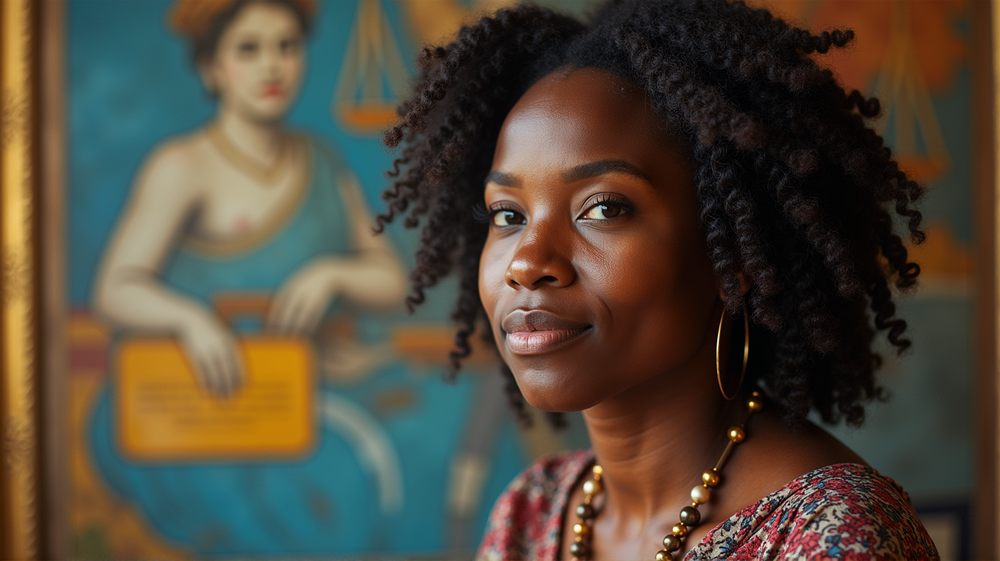In a move poised to influence the intersection of technology and civil rights, Dr. Joy Buolamwini, founder of the Algorithmic Justice League and celebrated author, has joined the Board of Directors of the Legal Defense Fund (LDF), the nation’s pioneering civil rights law organization.
Exposing AI Biases
Dr. Buolamwini first made waves when she revealed biases in facial recognition technologies. Her struggles with a program that failed to recognize her unless she donned a white mask highlighted significant racial and gender biases in AI systems—sparking a crucial dialogue. According to People of Color in Tech, her groundbreaking work has already led tech giants like Microsoft and IBM to reconsider their AI deployment strategies.
A New Ally in Civil Rights
At LDF, Buolamwini brings her keen understanding of algorithmic accountability at a time when AI tools are increasingly influencing critical areas such as voting rights and law enforcement. Her role is not just symbolic; it signifies a strategic move for LDF to challenge and navigate the new complexities AI presents to civil rights.
The Conscience in AI Revolution
Often referred to as the “conscience of the AI revolution,” Buolamwini’s studies and TED talks have inspired regulatory scrutiny and industry introspection. She is celebrated for bringing moral clarity to the field and her approach offers LDF a robust framework to handle AI-related civil rights issues.
Forging Stronger Protections
With her on the board, LDF is well-positioned to scrutinize the ways algorithmic tools impact Black and Brown communities. The collaboration is set to fuel stronger protective measures against tech-driven injustices, ensuring that AI innovations do not compromise fundamental rights.
“Dr. Buolamwini’s involvement represents our commitment to understanding and combating the biases in technology that threaten to perpetuate discrimination,” said Janai Nelson, LDF President and Director-Counsel.
A Commitment to Justice
Buolamwini views her role at LDF as an honor and a responsibility to protect marginalized communities. Her appointment reflects a broader commitment to confronting the challenges posed by AI’s rapid evolution from its very core—the rights and dignity of all people.
This partnership signifies a historic turning point in aligning AI innovation with justice, signaling hope for a more equitable tech-driven future.













